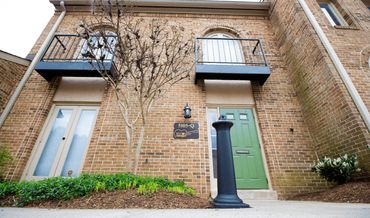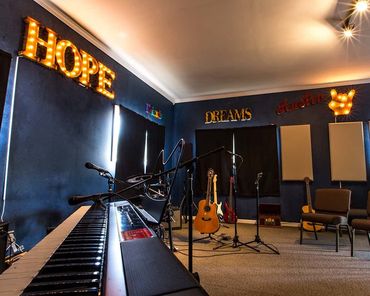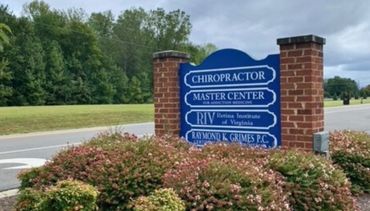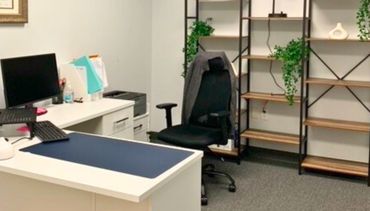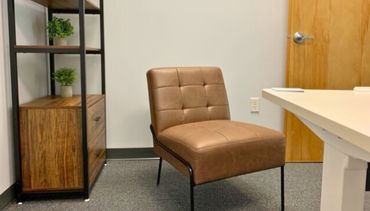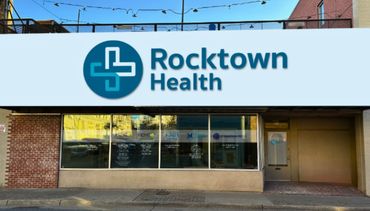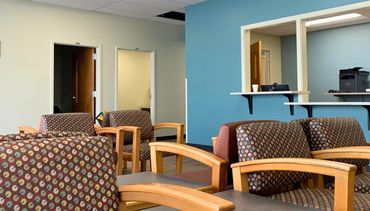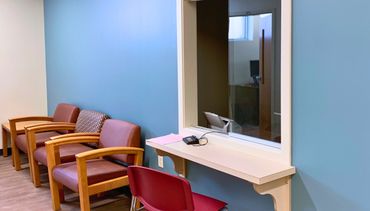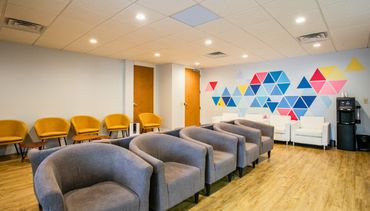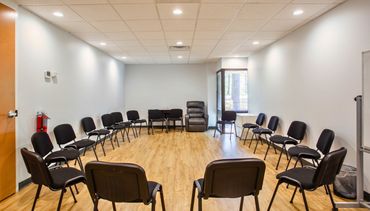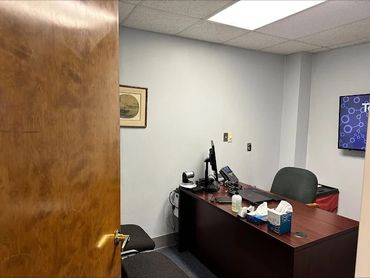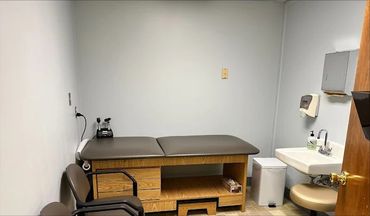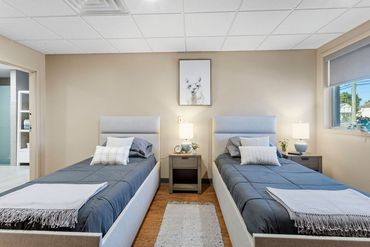
Drug & Alcohol Rehab Centers near Gaithersburg, MD
When facing the challenge of finding treatment for substance use disorder in Gaithersburg, Maryland, taking that crucial first step towards recovery can be a daunting endeavor. Understanding the available treatment options and payment methods is essential in embarking on the path to healing.
Treatment Centers near Gaithersburg, MD
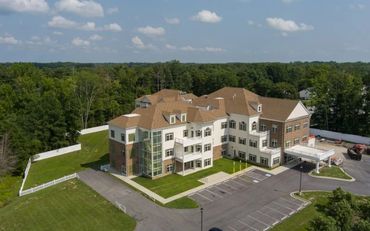
Open to Travel? Check out Top-Rated Options
All Treatment Centers near Gaithersburg, MD
Are You Covered For Treatment?
- Baltimore Rehabs
- Frederick Rehabs
- Hagerstown Rehabs
- Salisbury Rehabs
- Glen Burnie Rehabs
- Bel Air Rehabs
- Rockville Rehabs
- Elkton Rehabs
- Towson Rehabs
- Westminster Rehabs
Information About Rehab in Gaithersburg
Latest Reviews
Latest Reviews of Rehabs in Maryland
Helping Up Mission, Inc.
Big beautiful place to get healthy and reconnect wit God and my loved ones. Food is pretty good but the programs and opportunities here are the best around.
Recovery Centers of America Capital Region
The staff at RCA are thorough in there approach with competent therapists an doctors. They treat all aspects of addiction with each patient's particular needs. Family counseling is encouraged. Follow up treatment and meetings at RCA and AA/NA recommended for patients and AL-ANON for loved ones. Everyone is treated with respect.
Tranquility Woods Addiction Treatment Center
I grew up in a household that suffered from substance abuse and always told myself that I would never let myself become like that. Well, I did. The staff of this facility lifted me up in ways I couldn’t have imagined prior to coming here. I felt anew and whole again. I am a victim of multiple sexual assaults and I was raised to not wash my dirty laundry in public. I felt this was the most respectful and comfortable environment available. This place really changed my life and I could not recommend it any more. So much inspiration has filled me just from the short time He allowed me to come in contact with these genuinely kind souls.
Area Information
Gaithersburg, Maryland, is a vibrant and diverse city located in Montgomery County, just northwest of Washington, D.C. Known for its blend of urban amenities and suburban charm, Gaithersburg offers a high quality of life to its residents. With a population of over 70,000,1 it is one of the largest cities in the state. The city boasts a rich cultural scene, a thriving business community, and numerous parks and green spaces, making it an ideal place for families and professionals alike.
Substance Misuse and Addiction in Gaithersburg, Maryland
Both Gaithersburg and the state of Maryland at large have been grappling with the persistent drug epidemic. According to a recent report from the Maryland Department of Health, the statistics are deeply concerning. In 2011, there were 44 drug overdose deaths in the state.2 However, by 2020, this number had tragically escalated to 139 drug overdose fatalities,2 highlighting the alarming and distressing trend of substance misuse and its devastating consequences within both Gaithersburg and the broader Maryland community.
Drug and Alcohol Rehab
Detox Programs
Detoxification, often the initial step in the journey towards addiction recovery, is a medically supervised process designed to help individuals safely withdraw from the substances they have been using. This phase is crucial because, during withdrawal, individuals may experience uncomfortable or even dangerous symptoms.
Detox programs provide the necessary medical monitoring and, in some cases, medications to ease these symptoms. Medical professionals carefully assess the type and severity of addiction, as well as the individual’s overall health, to determine the best course of action. This tailored approach ensures that the detox process is as safe and comfortable as possible. By the end of detox, the individual’s body is typically free from the substance’s physical grip, setting the stage for further rehabilitation.
How Long Is Detox in Rehab?
The duration of detox can vary considerably, ranging from three to seven days. The specific length of detox depends on several factors, including the type of substance involved, the duration and severity of the addiction, the individual’s overall health, and their unique response to withdrawal symptoms. For some individuals, detox may be a relatively short and manageable process, while for others, particularly those with long-term and severe addictions, it might require more time to ensure a safe and complete withdrawal.
Inpatient Drug and Alcohol Rehab
Inpatient drug rehabilitation programs play a vital role in helping individuals overcome addiction. These programs typically last for 30, 60, or 90 days, depending on the individual’s needs and progress. Inpatient rehab offers a structured and supportive environment where individuals can focus on their recovery. During their stay, patients undergo various forms of therapy, including individual counseling and group therapy sessions, to address the psychological aspects of addiction. These therapy sessions aim to help individuals understand the root causes of their substance use, develop coping strategies, and build a strong support network.
One of the significant advantages of inpatient drug rehab is its ability to address co-occurring disorders. Many individuals with substance use disorders also suffer from mental health issues, and inpatient programs have the resources to provide dual diagnosis treatment. This integrated approach ensures that both addiction and underlying mental health issues are addressed simultaneously.
Outpatient Drug and Alcohol Rehab
Outpatient drug rehab programs provide flexibility for individuals in addiction recovery. They’re suitable for those who have completed inpatient treatment, have milder addiction issues, or need a schedule that fits their daily life. These programs include therapy, both individual and group, to address the psychological aspects of addiction, teach coping strategies, and build a support network for continued aftercare. Participants also learn vital skills for relapse prevention. While not the best choice for everyone, outpatient programs are an essential part of many people’s ongoing recovery.
How Much Does Rehab Cost?
The cost of rehab may seem like a daunting burden, but there are various options available to help individuals get the treatment they need, such as:
- Payment Plans
- Government Grants and Scholarships
- Free Rehab
- State-Funded Rehab
Does Insurance Cover Drug and Alcohol Rehab?
Many insurances provide at least partial coverage for rehab expenses, making it more accessible for those in need. Widely accepted insurances include:
Finding The Best Rehab Center
Gaithersburg, Maryland Drug and Alcohol Rehab Facilities
Our rehab locator tool helps individuals find nearby facilities or explore options in or out of state, as the latter can reduce distractions and improve the chances of successful recovery. Whether you are seeking treatment in Maryland or elsewhere, our rehab locator is a valuable resource.
Sources
- United States Census Bureau. Gaithersburg, Maryland. July 1, 2022.
- Maryland Department of Health. Unintentional Drug- and Alcohol-Related Intoxication Deaths in Maryland, 2020. June 2021.
